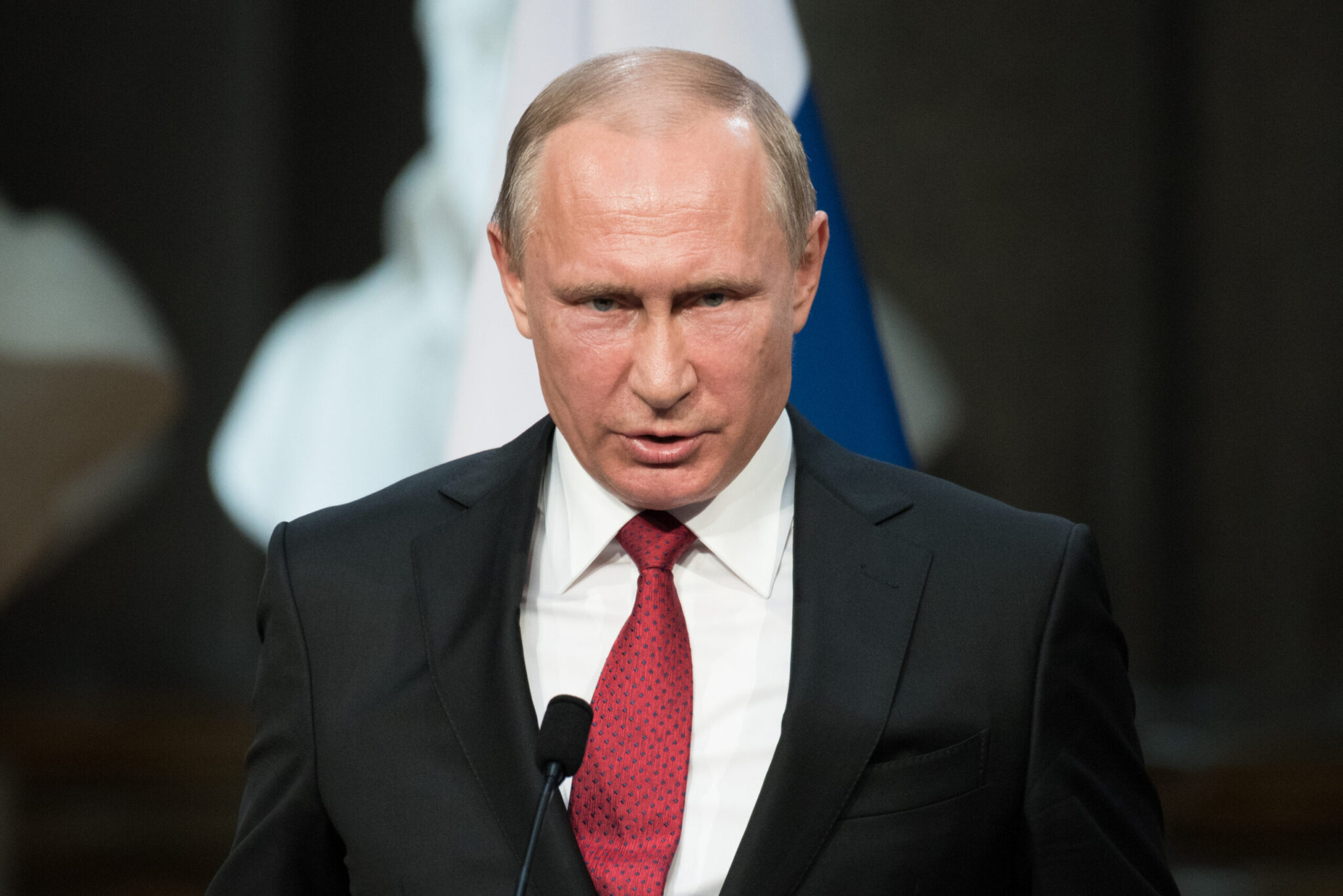Russia’s Controversial Stance on LGBTQ+ Groups and Individuals
In a bold legal move that has sparked global concern, Russia recently declared LGBTQ+ groups and individuals as “extremist” menaces. This decision has significant implications for the LGBTQ+ community and has reignited debates about human rights and freedom of expression in the country.
Background: LGBTQ+ Rights in Russia
Russia has long been criticized for its treatment of LGBTQ+ individuals. The country’s anti-LGBTQ+ legislation, commonly known as the “gay propaganda law,” was enacted in 2013. This law prohibits the promotion of non-traditional sexual relationships among minors, effectively silencing LGBTQ+ voices and hindering their fight for equality.
Russia’s Declaration of LGBTQ+ Groups as “Extremist”
In June 2021, Russia’s Supreme Court ruled to label three LGBTQ+ organizations as “extremist” and banned their activities. This decision effectively criminalizes these groups, classifying them alongside terrorist organizations. Additionally, the ruling allows for the persecution of individual activists and supporters, further marginalizing the LGBTQ+ community.
Implications for LGBTQ+ Individuals
The declaration of LGBTQ+ groups as “extremist” poses severe consequences for individuals within the community. It not only restricts their freedom of expression but also exposes them to increased discrimination, harassment, and violence. LGBTQ+ individuals may face heightened social stigma and become vulnerable targets for hate crimes under the guise of this new legal framework.
Sign up for more LGBTQ+ news and updates at TrueQueer.
Violation of Human Rights
The decision to classify LGBTQ+ groups and individuals as “extremist” has been widely condemned by human rights organizations and governments worldwide. Critics argue that it infringes upon basic human rights, such as freedom of speech, association, and assembly. The move is seen as a regressive step that undermines the principles of inclusivity and equality.
International Response and Consequences
The international community has voiced its concerns over Russia’s treatment of LGBTQ+ individuals. Several countries, including the United States, Canada, and European Union members, have expressed their opposition to Russia’s discriminatory actions. Diplomatic pressure, economic sanctions, and boycotts of major events hosted by Russia are among the measures taken to condemn the country’s stance.
However, it is crucial to acknowledge that the consequences of these actions are complex. While some argue that isolating Russia may lead to positive change, others believe that engagement and dialogue are necessary for progress. Balancing diplomatic responses with efforts to support LGBTQ+ activists within the country is a delicate task faced by many nations.
The Path Forward: Advocacy and Solidarity
In the face of their discriminatory policies, it is vital for the international community to stand in solidarity with LGBTQ+ individuals and organizations within the country. Supporting local activists, funding legal aid, and raising awareness about the situation are essential steps to challenge Russia’s repressive legislation.
Moreover, promoting LGBTQ+ rights globally requires a multifaceted approach. Through diplomatic channels, international organizations can exert pressure on Russia to repeal or amend its discriminatory laws. Public awareness campaigns, educational initiatives, and cultural exchanges can help foster understanding and acceptance of LGBTQ+ rights among Russian citizens.
Russia’s recent declaration of LGBTQ+ groups and individuals as “extremist” menaces has sparked widespread concern and condemnation. This move represents a significant setback for LGBTQ+ rights in the country and raises serious questions about human rights and freedom of expression. The international community must continue to advocate for inclusivity, support local activists, and engage in constructive dialogue to foster change and promote equality for all individuals, regardless of their sexual orientation or gender identity.
Follow us on Facebook
![]()

